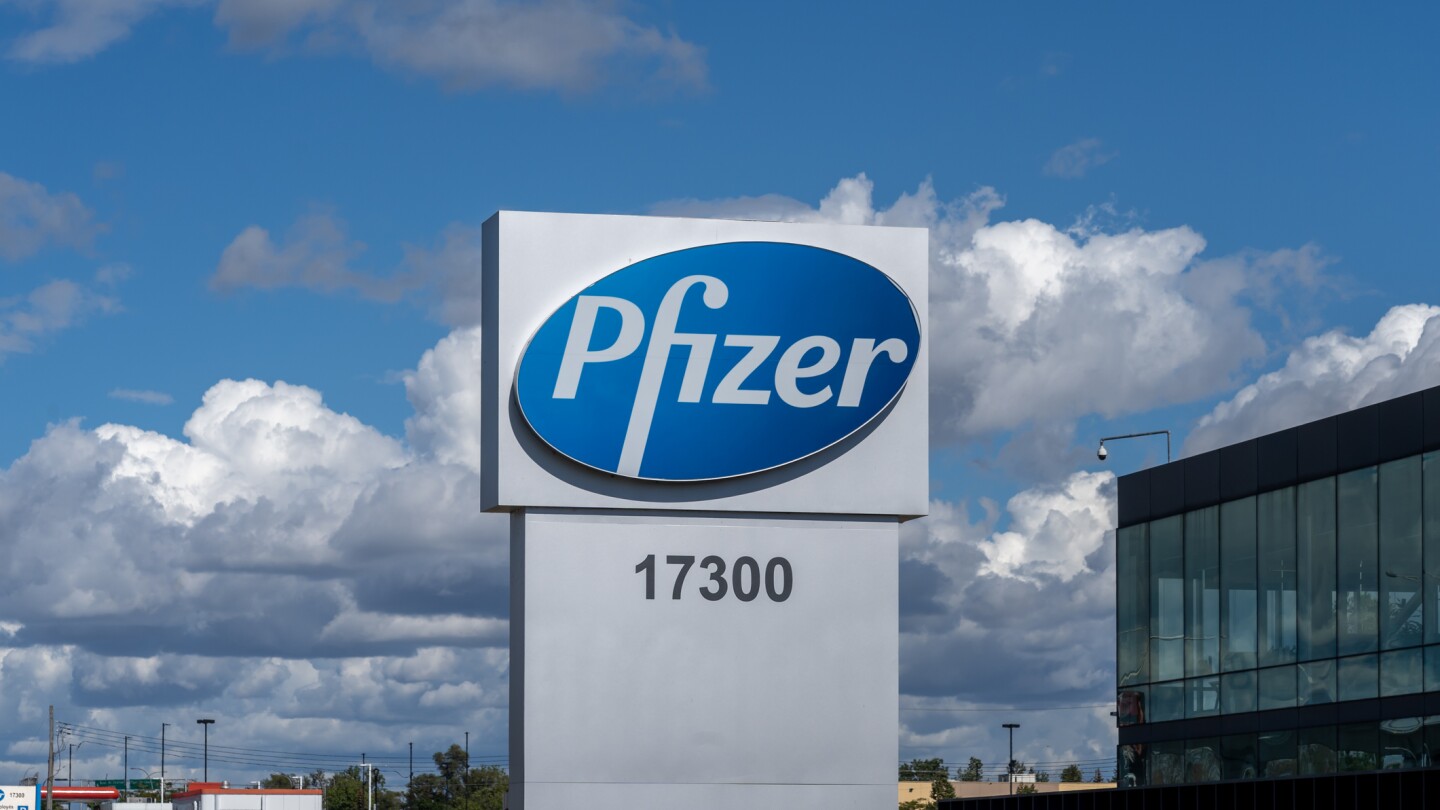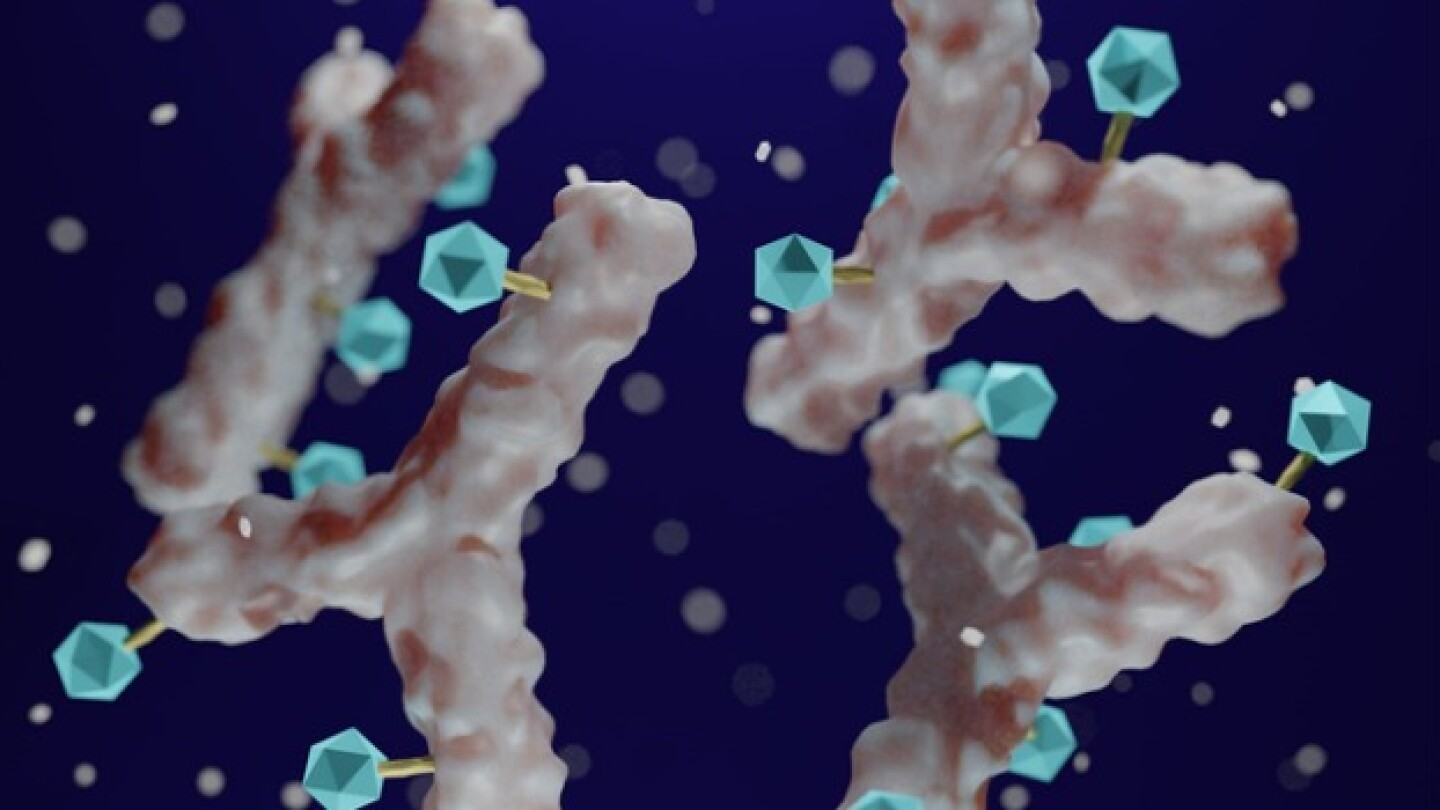Prostate cancer
A paper inadvertently published on the website of an ASCO conference revealed good results for mevrometostat in treating castration-resistant prostate cancer.
Candel’s trial was conducted under the FDA’s Special Protocol Assessment program, meaning that its data could be used as a basis for a regulatory application.
Truqap’s positive clinical data comes after it failed a late-stage study in metastatic triple-negative breast cancer. It helps AstraZeneca position itself as a top player in the prostate cancer space, alongside its Big Pharma colleagues.
The overall survival data from the late-stage trial will help Pfizer in its bid to expand the label for Talzenna and Xtandi, potentially covering all patients with metastatic castration-resistant prostate cancer regardless of biomarker status.
The European Society for Medical Oncology’s annual meeting this week featured the hottest emergent areas of cancer treatment—antibody-drug conjugates, bispecifics and radiopharmaceuticals—while anti-TIGIT therapies made a bit of a comeback.
The Connecticut-based biotech, which emerged from stealth last year, has secured $202 million to date as it looks to move two assets targeting prostate and breast cancer into the clinic.
Johnson & Johnson’s radiopharma candidate JNJ-6420 returned mixed results in an early-stage study, demonstrating strong biochemical and radiographic response but also resulting in four patient deaths.
Two of the five fatalities were found to be unrelated to MacroGenics’ investigational antibody-drug conjugate vobra duo, while the other three are still under investigation.
As its lead oral targeted protein degrader moves through Phase III in partnership with Pfizer, Arvinas signs a licensing deal handing over all rights and responsibilities to Novartis.
Novartis on Thursday announced that it is making $150 million in upfront payments to protein degradation biotech Arvinas, while separately revealing that its tender offer for MorphoSys has begun.
PRESS RELEASES










